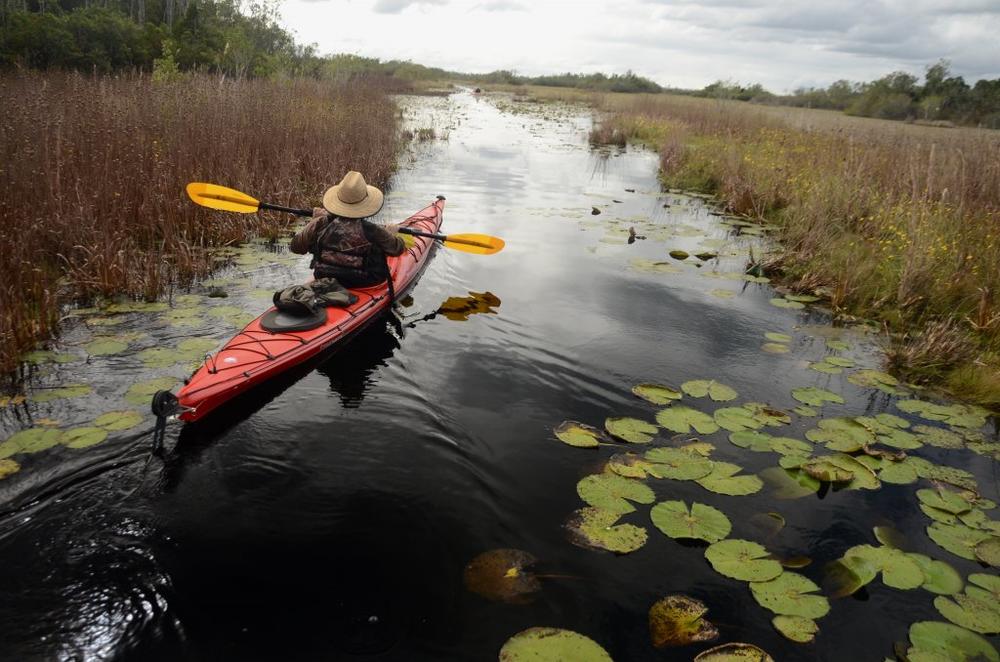
Caption
A federal judge tossed out a Trump administration rule that relaxed water protections and allowed Twin Pines mining proposals near the Okefenokee Swamp, as well as several hundred other projects, to skip prior federal permit requirements.
Credit: Georgia River Network

